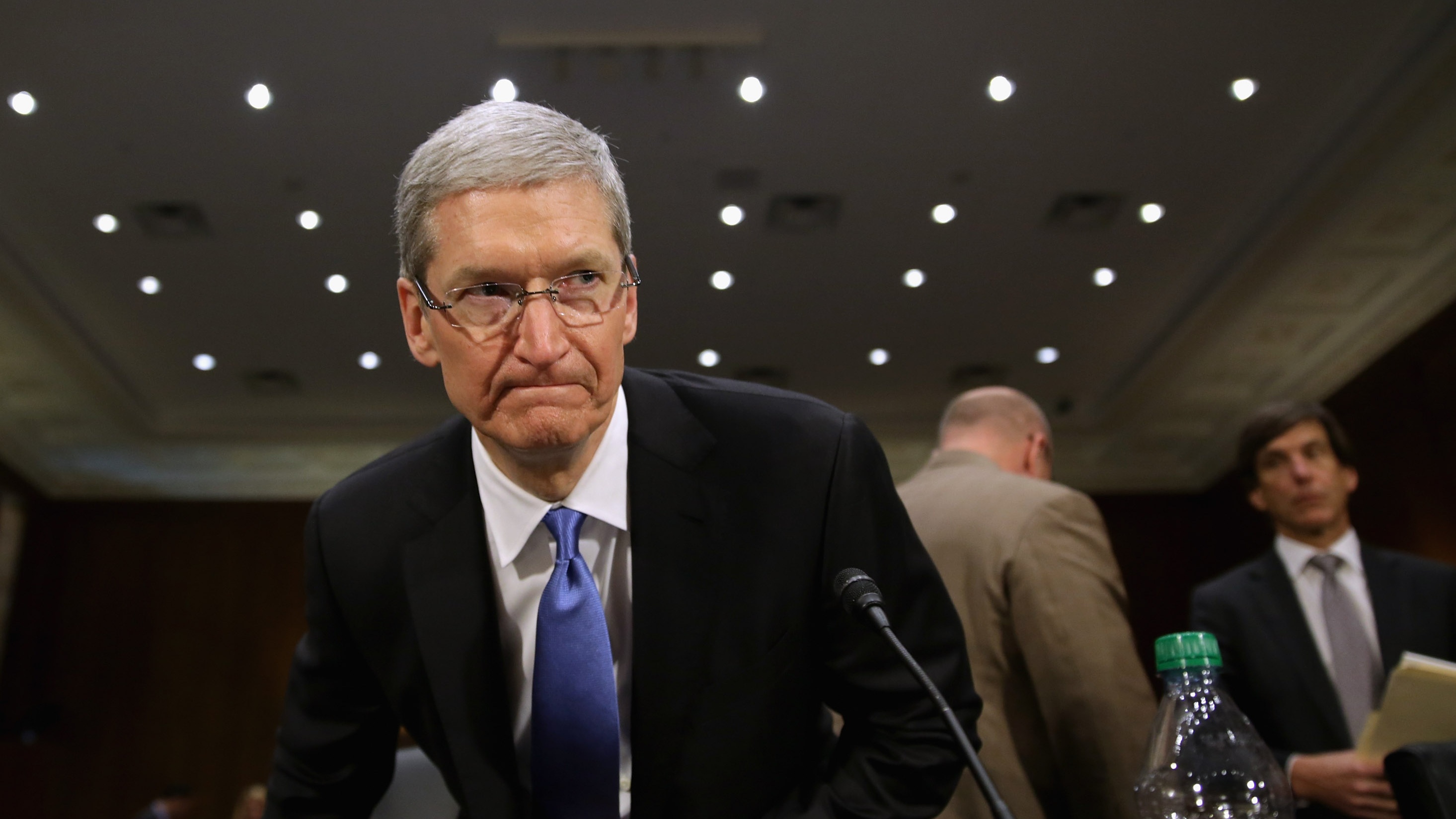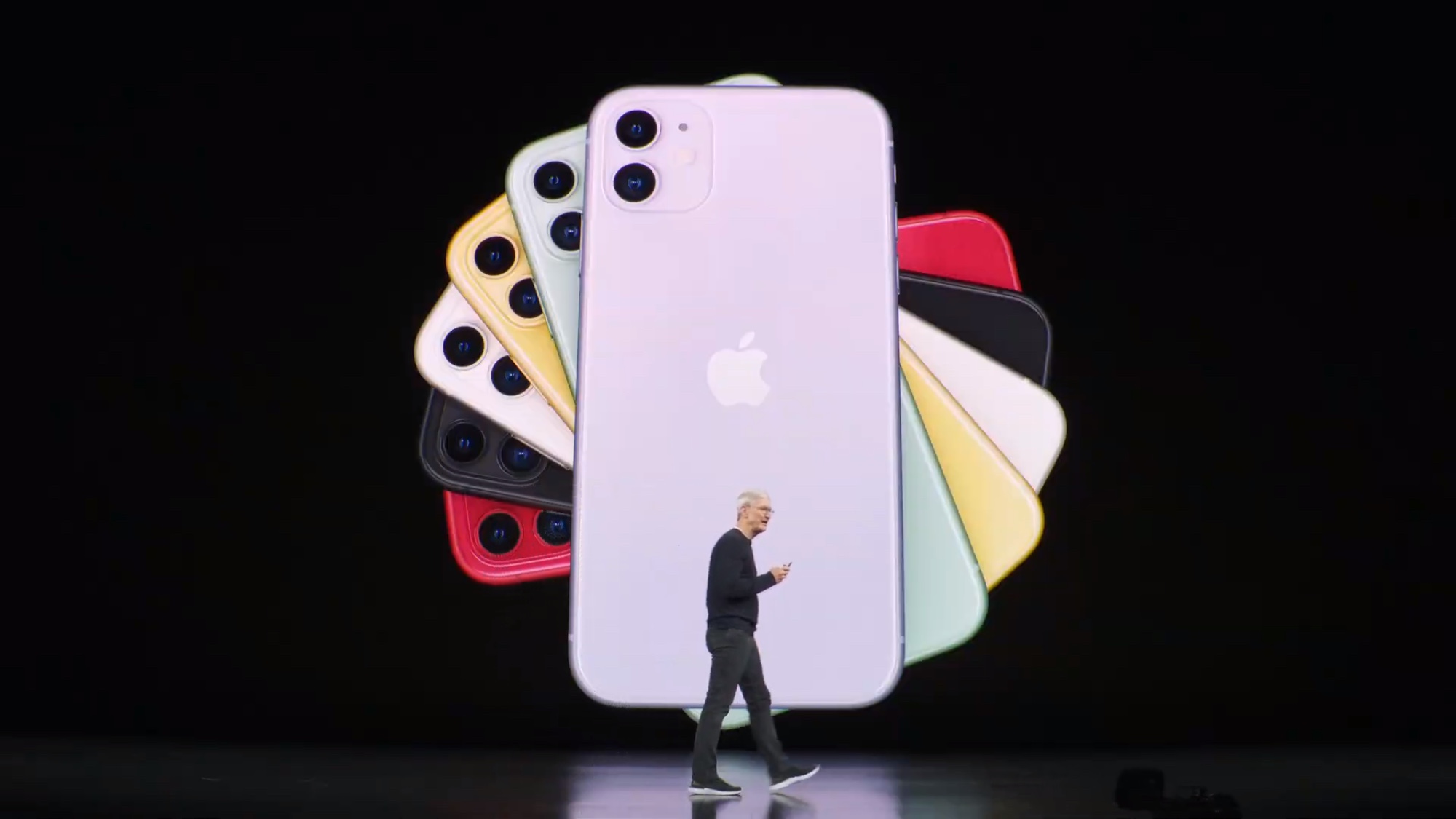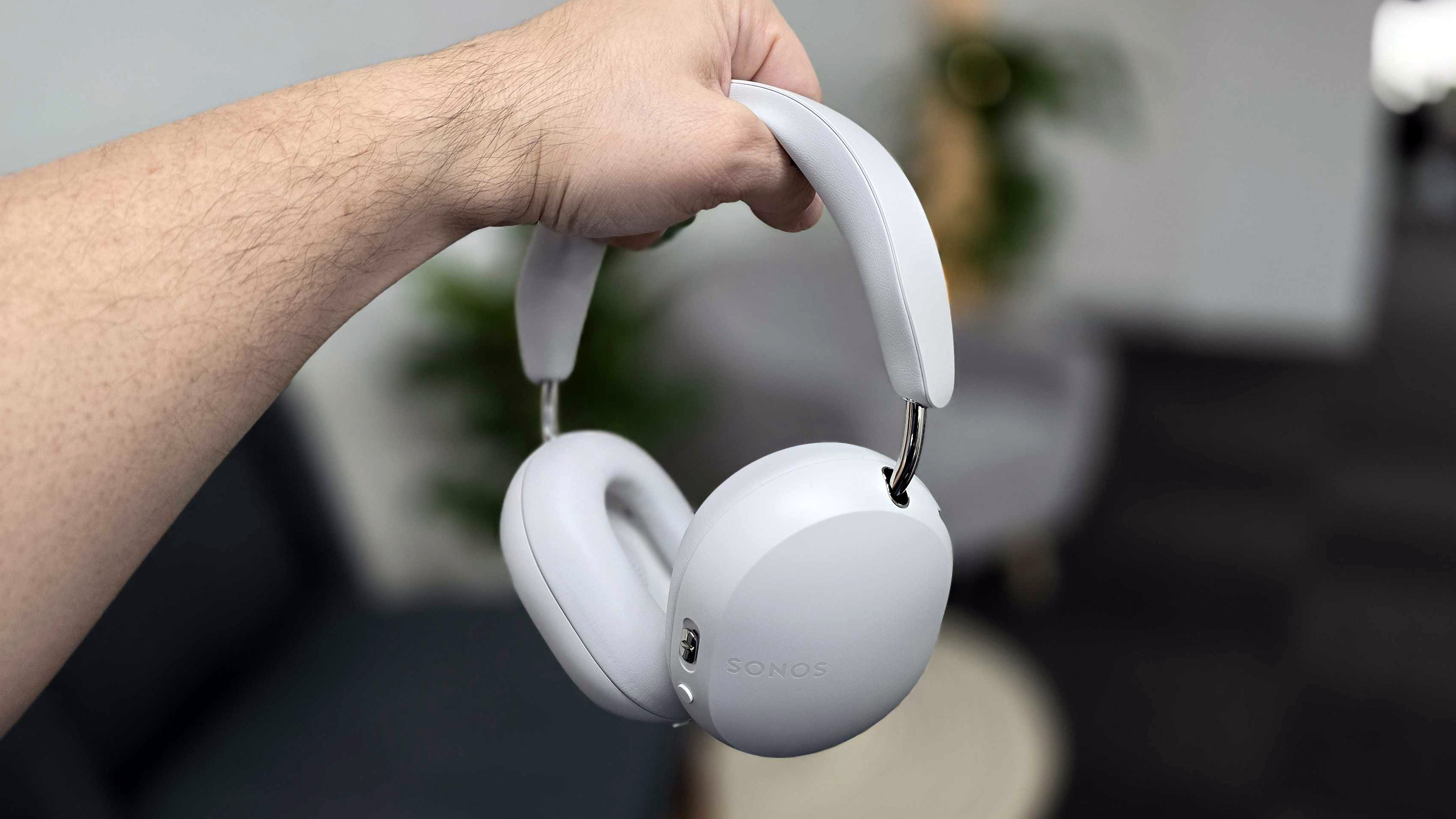
Apple CEO Tim Cook continues to adamantly defend Apple’s closed iOS ecosystem by saying that side-loading of apps, a feature currently found on Android, PC and MacOS, would “destroy the security of the iPhone."
Cook spoke out against the European Commission's Digital Markets Act (DMA) bill in an interview with Brut. He said it would "force sideloading on the iPhone" as things stand.
Right now, the App Store is the only official way to download iOS apps, save for the developer Testflight program. Currently, rising antitrust scrutiny and a proposed EU law could require the company to open up iOS to other app stores, which would make iPhones more like Android phones.
- iPhone 12 review
- The best iPhone apps of 2021
- Plus: Apple might have to stop putting its apps on iPhone by default
Cook claimed Android has 47 times more malware than iOS because of sideloading. However, it's unclear whether that figure's accurate, as Android Authority points out.
The Apple CEO has a fair point. The App Store's app review system helps protect iOS devices from scammers and malware. The privacy labels and blocking cross-app tracking are positives for users, too. Cook said those would disappear unless users stuck to Apple's ecosystem, as he worries “deeply about privacy and security." The App Store also does a decent job of curation to help users find useful or engaging software.
But having alternative iPhone app stores could be great for users. As long as people are careful and use antivirus software, turning iOS into a more open platform would help users get the most out of their iPhones. Per some advocates, you should be able to do almost whatever you want with a device you own.
Even though Apple and Google both yanked Fortnite from its stores over a disagreement with Epic Games, Android users can still play one of the biggest games in the world by sideloading it.
Get instant access to breaking news, the hottest reviews, great deals and helpful tips.
There are workarounds to Apple's current system, too. Google and Microsoft are getting around the App Store's unfair rules for game streaming by getting users to install Stadia and Xbox cloud gaming as progressive web apps. Apple would prefer all games be sold through its App Store as it could then extract a 30% cut on all sales. But xCloud and Stadia are streaming services like Netflix. After complaints, Apple eased the rules, but the terms are still too prohibitive considering the amount of games on each platform.
"Streaming games are permitted so long as they adhere to all guidelines — for example, each game update must be submitted for review, developers must provide appropriate metadata for search, games must use in-app purchase to unlock features or functionality, etc. Of course, there is always the open Internet and web browser apps to reach all users outside of the App Store," per an Apple developer blog post.
Web apps are not a perfect solution, but it's the only way to use Stadia and Xbox cloud gaming on iOS right now without jailbreaking a device.

Having control over the iOS app ecosystem has been important to Apple since the beginning of the App Store. The company has been playing whack-a-mole with jailbreakers for years, but some companies are fighting back. Cydia sued Apple last year over an alleged "illegal monopoly" of app distribution.
Apple's facing other antitrust issues. A ruling in the legal battle with Epic is pending. The publisher sued Apple last year for similar reasons to Cydia.
Regulators in the US and Europe have crosshairs trained on Apple as well. Depending on the outcomes of lawsuits and antitrust probes, it's completely possible that Apple will have to allow other app stores onto iOS, which might not be as bad as Cook makes it sound.
- Next: Prime Day deals 2021 - the best early sales now
Kris writes about tech, streaming, games, esports, film and much more. He's a Scot who lives in Montreal with his partner and many, many plants.

